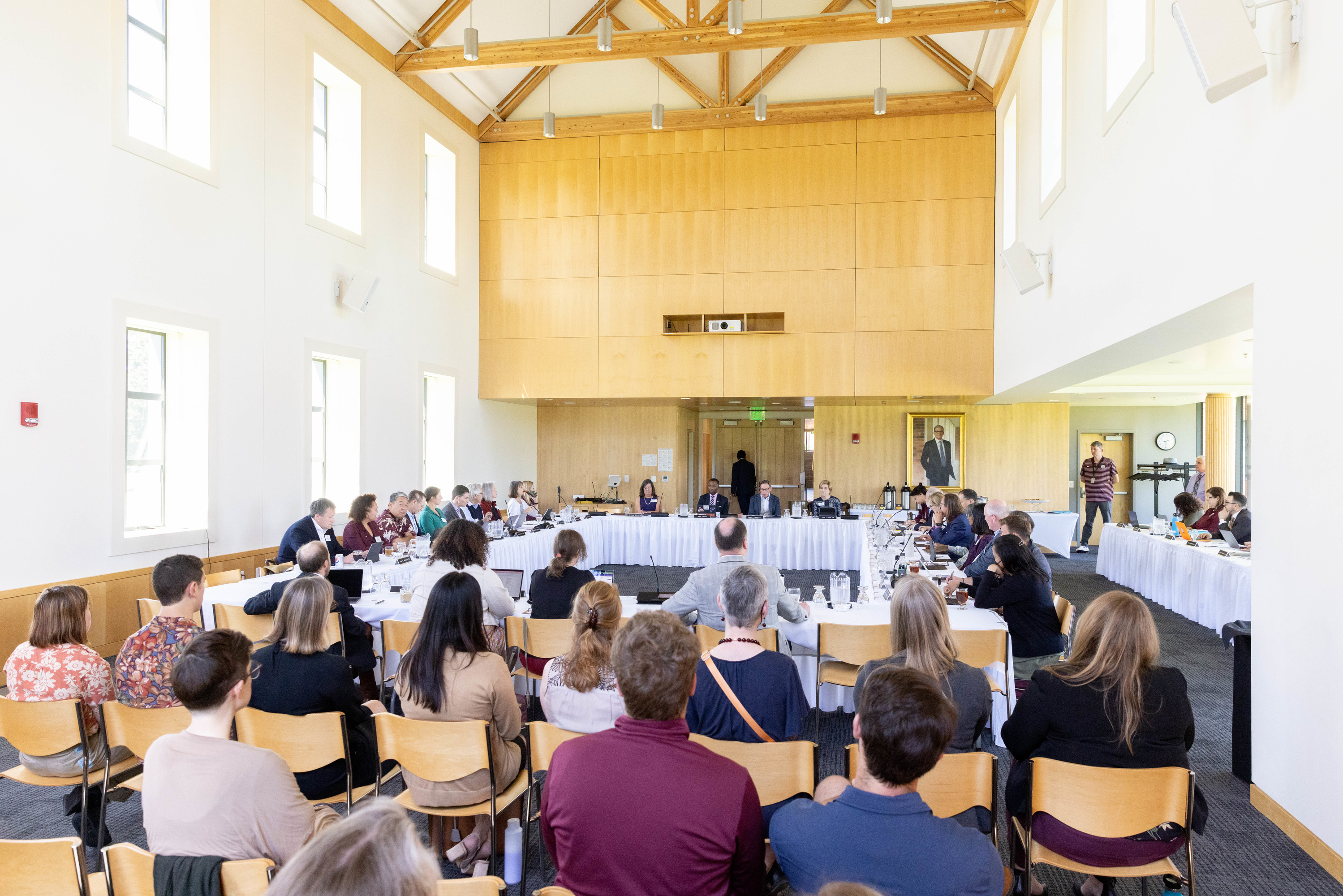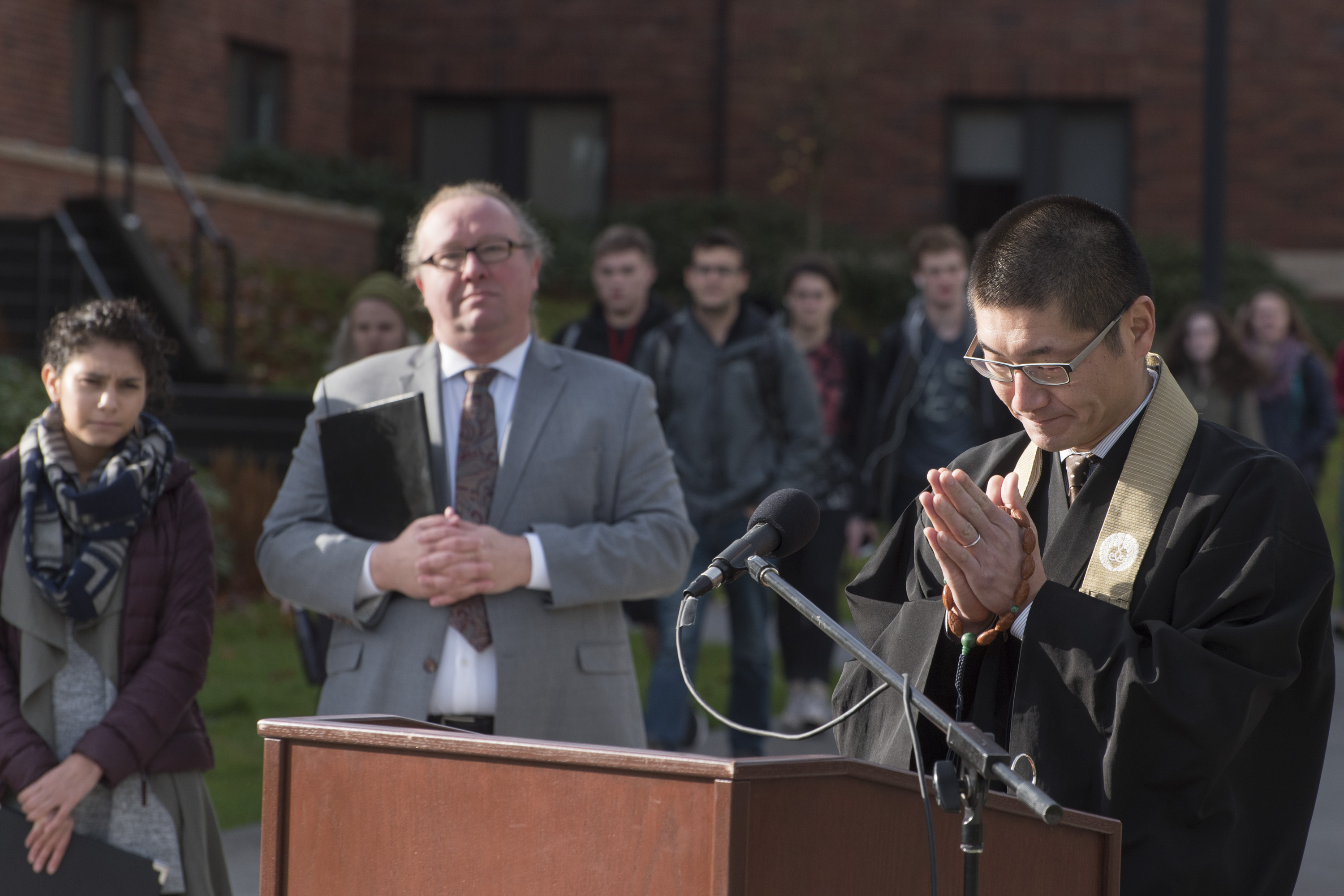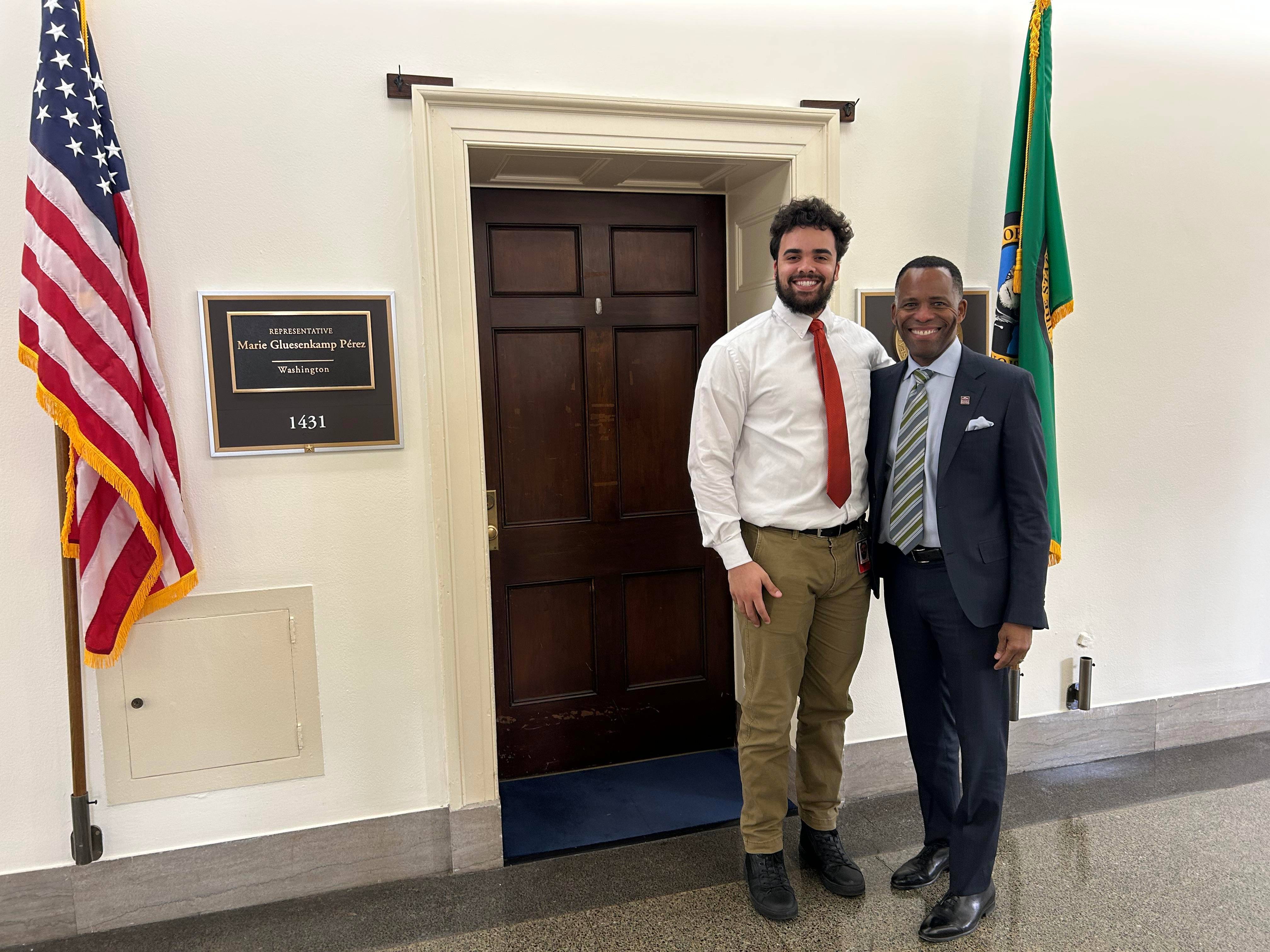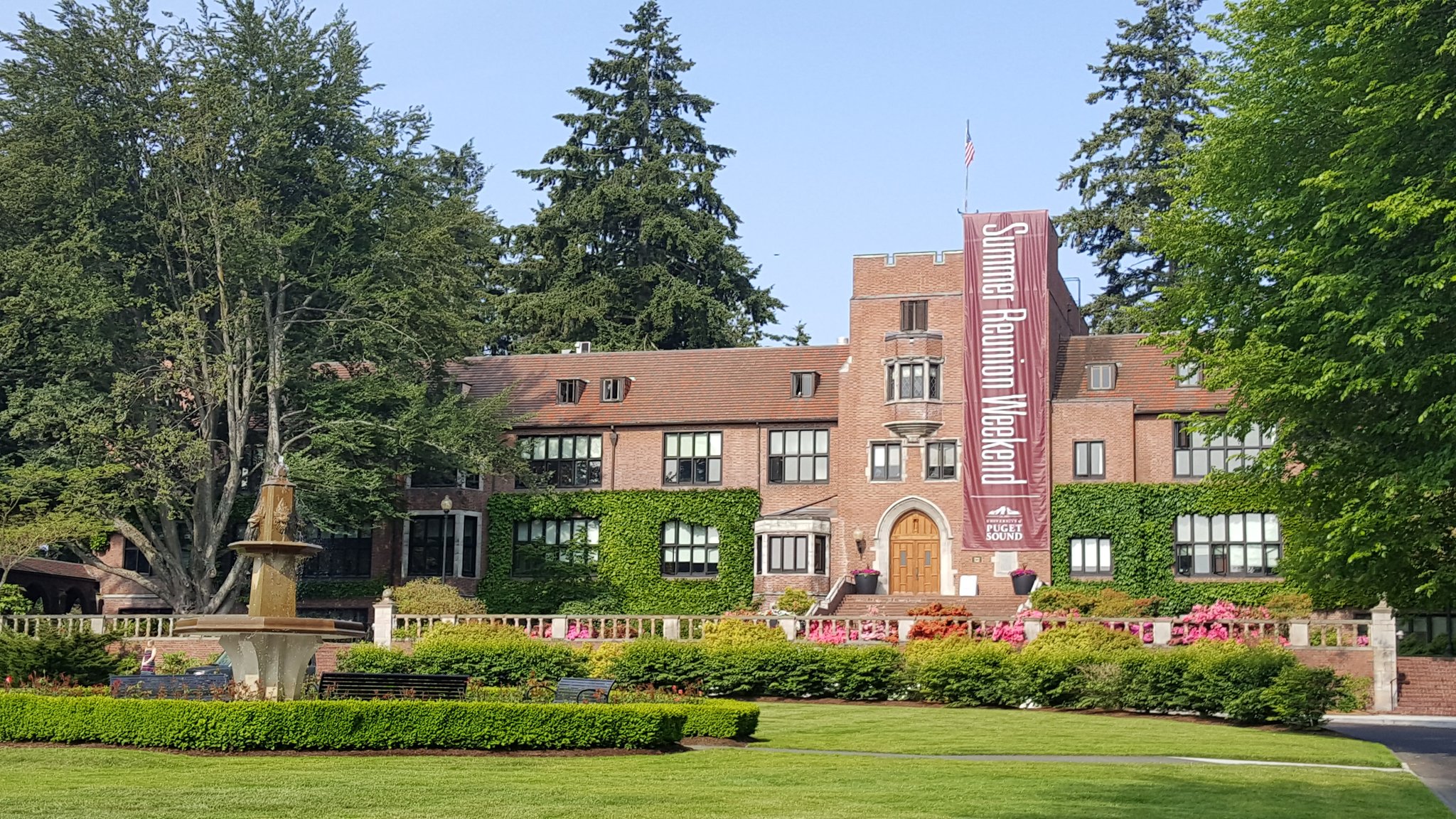Whittnee LaChapelle ’89, P’23 turns her passion for fighting food insecurity into action.
You wouldn’t know it walking past the little yellow house on the east side of the University of Puget Sound’s campus, but inside, there’s a room full of nutritious food, fresh produce, toiletries, and hygiene products. All of it is free to take for students who might otherwise not have enough to eat.
The Campus Food Pantry’s goal is simple: reduce food insecurity among students at Puget Sound. At colleges across the country, from large public schools to elite private institutions, students either aren’t getting enough to eat or don’t know where their next meal will come from. According to the most recent survey conducted by the National Center for Education Statistics, 23% of undergraduate students and 12% of graduate students nationwide are experiencing food insecurity.
“From a food perspective, things actually got better for a while during the pandemic. But as expansions of federal programs like SNAP started winding down, we saw the need increase,” says Director of Student Support Eric Hetland. Hetland’s office oversees the food pantry, which is managed by staff member Logan Esterling and a team of students. Hetland notes that rising rates of inflation have only made things worse, driving up the cost of food and other pantry staples.












